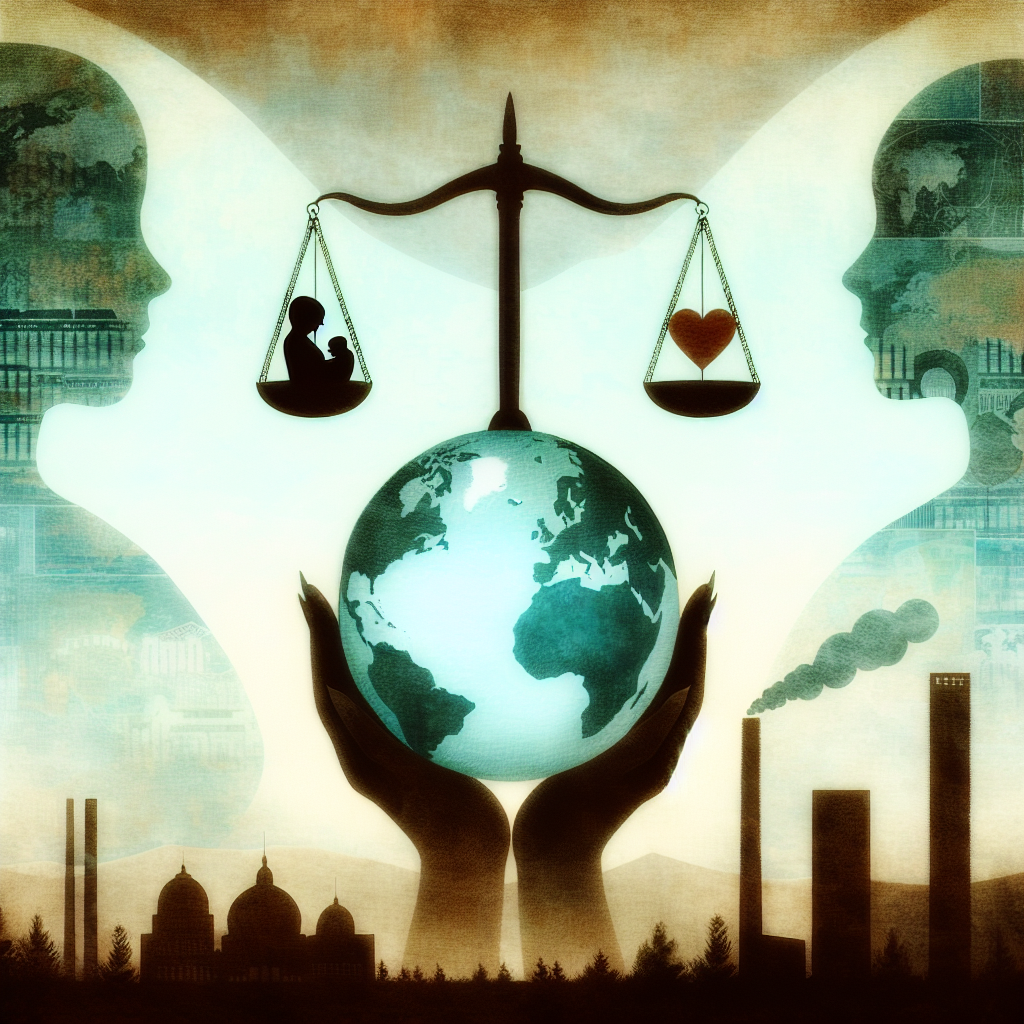**🌎️ The Fight Against Maternal Mortality: A Growing Concern for Children and Families Worldwide 💖**
As we celebrate the beauty of motherhood and the joy of new life, there's an untold story that needs our attention. Maternal mortality has long been a persistent challenge, claiming the lives of thousands of women and mothers every year. According to the latest estimates by the World Health Organization (WHO), the United Nations Children's Fund (UNICEF), the United Nations Population Fund (UNFPA), the World Bank Group, and the United Nations Division for Economic and Social Affairs (UN DESA), the trend of maternal mortality between 2000 and 2023 reveals an alarming picture.
**😢 The Numbers Speak Louder Than Words**
Between 2000 and 2023, an estimated 270 million women have died due to pregnancy or childbirth-related complications. 🌟 That's one death every 11 minutes! This staggering statistic translates to a loss of over 3.7 million women's lives each year. The global maternal mortality ratio improved by 43% between 2000 and 2017, from 330 deaths per 100,000 live births to 196 deaths per 100,000 live births. 💪 Despite this progress, many low-income countries still experience high maternal mortality rates, highlighting the urgent need for concerted efforts to address this crisis.
**🏥 Healthcare Systems and Economic Constraints: A Deadly Combination**
Poor health systems, limited access to quality healthcare, and economic constraints are among the primary causes of maternal mortality. In many countries, families are forced to choose between life-saving medical care or other essential expenses. 🌫️ Rural areas, where access to healthcare services is typically more limited, are disproportionately affected. Indigenous communities, as well as those from the poorest households, face the highest risks of maternal mortality. 🌊 This heartbreaking reality demands that we recognize the intricate links between maternal health, poverty, and inequality.
**🌎️ How You Can Help: Breaking the Cycle of Poverty**
As millions of children around the world grow up without a mother, we're reminded of the intergenerational impacts of maternal mortality. 💕 These children are left vulnerable to school dropout, street life, and worse, destabilizing social landscapes. Yet, there's hope. By supporting global efforts to strengthen healthcare systems, address poverty, and promote economic equality, we can empower women to care for themselves and their families. Simple acts, like advocating for policies that prioritize maternal health, informing friends and family, can spark long-lasting change.
The cities and towns where women die from pregnancy and childbirth are no different than yours and mine.
As the report states:
"The reduction of maternal mortality is a key indicator of the world's ability to provide quality healthcare to its citizens.
"To fulfill our collective commitments to the Sustainable Development Goals (SDGs), we must prioritize the well-being of all women and families.
"Wsimple #actionsCan change lives. Advocating for policies #SDG3 #SDGs, informing, #educating others about maternal mortality, informing families, promoting partnerships between Governments world,s healthcare
Read the full report to learn more about the tragedy of maternal mortality and the measures being taken to combat it: https://reliefweb.int/report/world/trends-maternal-mortality-2000-2023-estimates-who-unicef-unfpa-world-bank-group-and-undesapopulation-division
💖 With your support, we can help shine a light on this critical concern, and create a more just and equitable world.
---------------------
Donate today and help mothers, children, and families flourish together.
Please Donate now so we can help our children and elderly. Any amount no matter how small once only or if you can, on a monthly basis. So many children will be so grateful for you!
Donate here!
